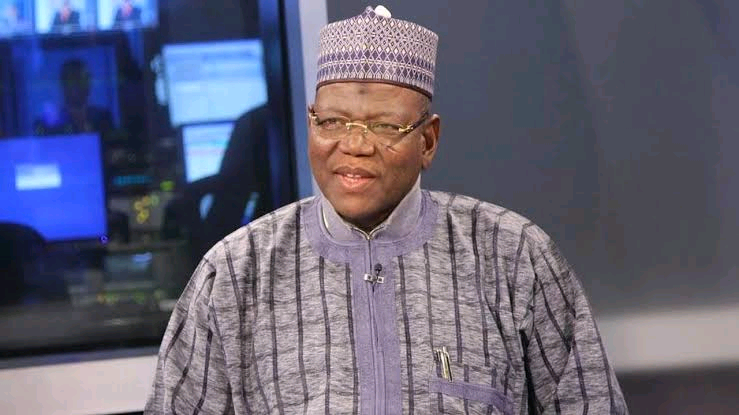From Abba Dukawa, Abuja
Former Jigawa State governor, Alhaji Sule Lamido, has expressed concern over the growing influence of religious leaders in Nigeria’s political landscape.
In a widely circulated video recorded during a condolence visit to Sheikh Yusuf Sambo Rigachikun in Kaduna following the death of his eldest son, Lamido lamented that clerics have become key players in political decision-making, directing voters on whom to support.
“Despite their sacred role as religious leaders, clerics are now actively competing for power. They are supposed to serve as moral guides for politicians, but since they desire power themselves, we politicians have decided to step back and watch. We are waiting for them to tell us who to vote for based on their preferences. For the sake of equity and justice, everyone should maintain their rightful place in society,” Lamido stated.
The former Foreign Affairs Minister warned that the increasing involvement of religious leaders in political campaigns could deepen Nigeria’s political instability.
He also drew parallels between internal crises within political parties and divisions among religious sects, stressing the need for unity to ensure a stable political future.
Observers note that while religious leaders have historically mobilized voters, the 2023 general election marked a significant shift, with mosques and churches openly endorsing candidates.
Many Islamic sermons (khutbas) and church services became platforms for political campaigns, with some clerics declaring divine mandates for specific candidates—many of which did not come to pass.
A recent controversy further underscored the intersection of religion and politics.
A planned Qur’an convention, originally scheduled for February 22, 2025, in Abuja, was postponed indefinitely amid allegations from Islamic scholars that the event was politically motivated in preparation for the 2027 presidential election.
The convention was expected to bring together 30,000 Qur’an memorisers, writers, reciters, and calligraphers.
The 2023 presidential election, nearly overshadowed by the controversy surrounding the Muslim-Muslim ticket of President Bola Ahmed Tinubu, also highlighted the role of religious leaders.
Many clerics in northern Nigeria endorsed the ticket, assuring their followers of its divine backing, while ethnic and regional sentiments in the South West further bolstered Tinubu’s victory.


